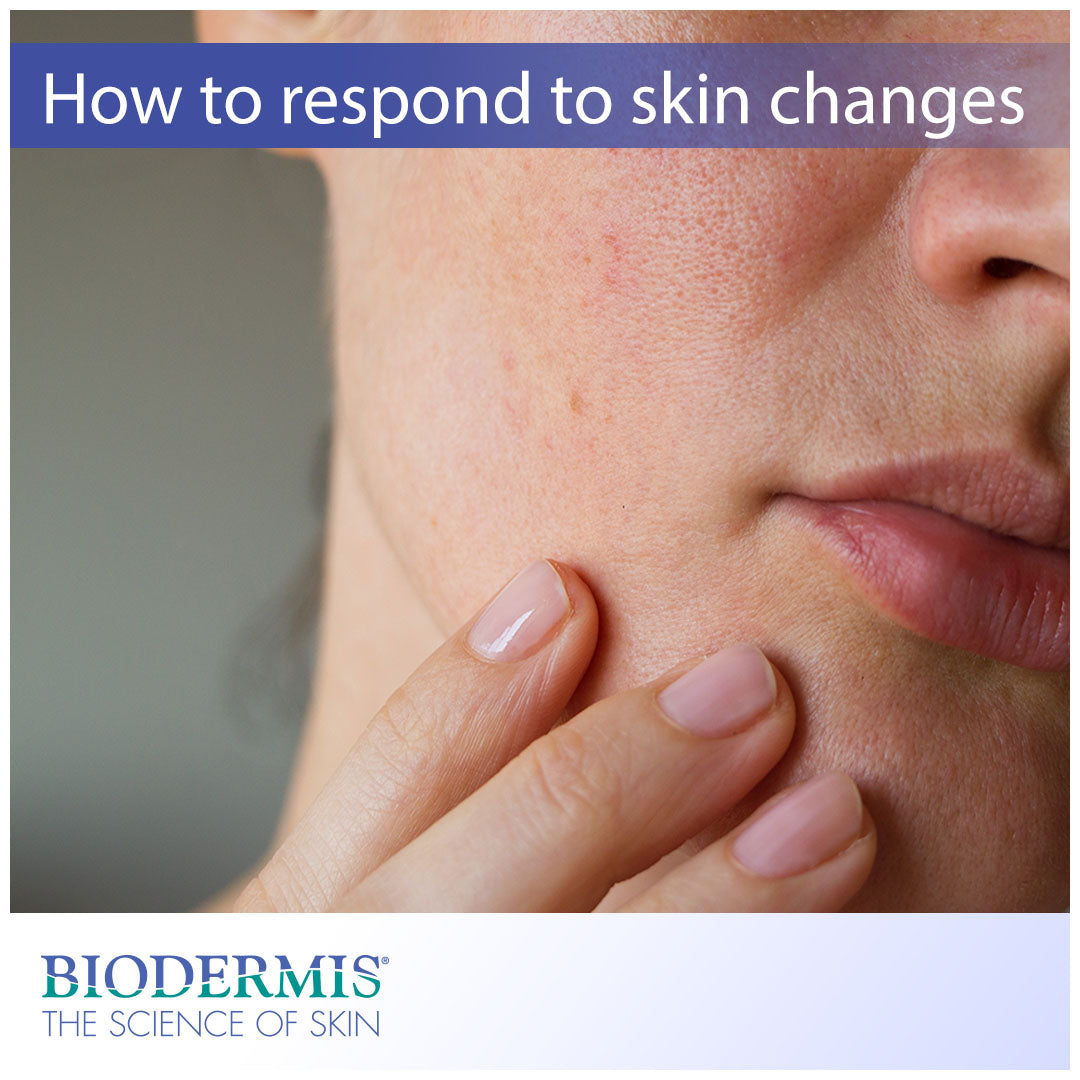The skin is the largest organ in the human body and is composed of highly complex structures designed to keep us safe and healthy. Many changes happen to our skin over the course of a lifetime, so it’s important to understand these changes and respond accordingly. Skin changes are inevitable and, oftentimes, they are nothing to worry about. Other changes may be more serious and require an examination by a dermatologist. When checking for certain skin conditions, knowing what to look for can either save you a trip to the doctor or allow you to get medical help sooner before the problem worsens.
In this article we will go over some of the most common skin changes that occur and what your body is trying to tell you about them.
In this article we will go over some of the most common skin changes that occur and what your body is trying to tell you about them.
Acne and hormones
The first major skin change that you are likely to experience during your lifetime is acne. Acne breakouts during adolescence are caused by a fluctuation of hormones at the onset of puberty. Hormonal changes in men are characterized by an influx of testosterone while women experience an influx of estrogen hormones. These hormones produce different effects in men and women but both sexes may see similar changes in the skin. Teenage men and women during this phase will likely see an increase in sebum (oil) production in the skin, which often times leads to clogged pores and acne formation. Acne is usually considered a minor problem that goes away with time. However, with more severe cases of acne, such as acne vulgaris, dermatologic attention is often required.Dark spots
Dark spots in the skin often occur in middle-age to older adults, but can sometimes develop in younger people due to prolonged sun exposure. Dark spots are also sometimes called “age spots” because as we get older we acquire more of them. Dark spots alone are not dangerous; they are a sign of sun exposure over many years that have led to hyperpigmentation. Dark spots are tan or dark brown in appearance and can range from the size of a freckle to half an inch across. These age spots oftentimes group together, making them more noticeable. If the dark spots appear black or have changed appearance over time, it may be a sign of melanoma that requires urgent medical attention.Early signs of aging
Early signs of aging with the onset of fine lines and wrinkles may be due to poor skin cell turnover and decreased collagen synthesis in the skin. Cell turnover is the term used to describe the shedding of old, dead skin cells with the replacement of new ones. Early signs of aging may have a number of causes, including genetics, sun exposure, or diet and exercise habits. If you are experiencing any early aging signs, you may try looking into cosmetic products designed to boost collagen production and cell turnover rates. Products containing retinoids are generally considered the most popular choice for this purpose. If over the counter treatments are not doing the job, you can consult a beauty or skincare expert about other possible solutions.Dry or cracked skin
Dry or cracked skin may be the sign of a dehydrated dermis (middle layer of skin). There may be many reasons for dry skin, including environmental factors like weather or climate, diet, or insufficient fluid intake. It’s important to know that there is a difference between dry and dehydrated skin. Dry skin can be caused by something as a dry climate or cold air. Dehydrated skin is often due to the excess loss of internal fluids through transepidermal water loss. Drinking plenty of water, using moisturizers, and keeping a humidifier in your home or office can help to combat the effects of dry or dehydrated skin.Biodermis is an innovative market leader with 30 years of expertise in the medical silicone industry. Visit Biodermis.com today to explore a complete range of scar management and post-operative care solutions.
PHYSICIANS AND MEDICAL PROFESSIONALS: REFER OR RESELL?
Biodermis offers custom tailored referral programs designed to simplify and reduce the cost of your patients' post-op care. Additionally, we offer professional pricing if you opt to retail our products. Give us a call at 800.322.3729, and we will be happy to provide additional details on these programs.





